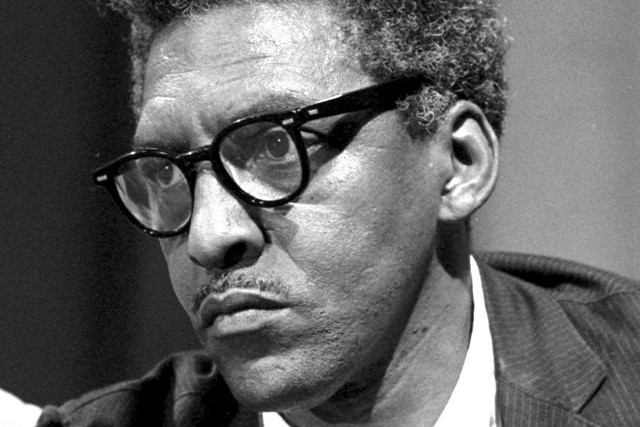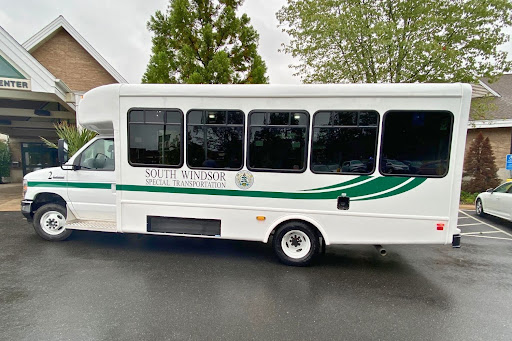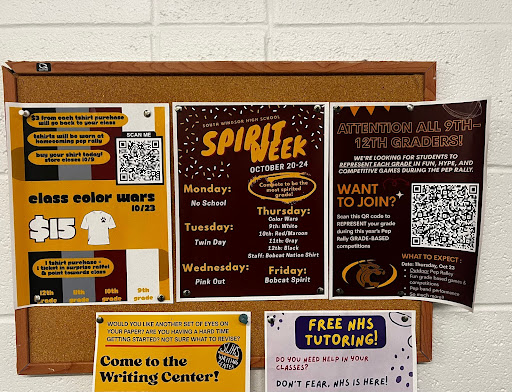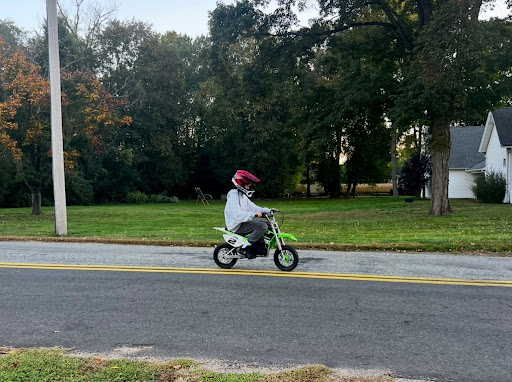A Forgotten Civil Hero
Bayard Rustin and his legacy
As we kick off our start to Black History Month, it’s important that we take some time to remember the people who fought valiantly for the rights of each and every Black American citizen, risking their lives to bring us the progress we see today.
However, despite many efforts to keep their memories alive, some activists have had their names lost to time—activists like Bayard Rustin, a gay man who worked alongside Martin Luther King Jr in planning the 1963 March on Washington.
Bayard Rustin, most known for his work alongside fellow civil rights activist Martin Luther King Jr, was a Black and queer man born on March 17th, 1912 in West Chester, Pennsylvania.
Rustin had attended the Wilberforce University in Ohio, the Cheney University of Pennsylvania, and moved in 1937 to study at the City College of New York.
At this time, he had briefly been involved with multiple civil rights and communist organizations, cementing his pacifist agitation ideology and his desires to push for change.
After a series of arrests related to his sexuality and political ideology, Rustin met the young Dr. Martin Luther King in the 1950’s, quickly becoming a close advisor to the young activist and working behind the scenes on political speeches, protest organization, and even King’s Southern Christian Leadership Conference, an African-American civil rights organization based now in Atlanta, Georgia.
It was Rustin who organized the 1963 March on Washington, and it was Rustin who directed the student boycott of New York City’s public schools in 1964–two events that sparked the changes needed for racial reform.
Rustin would later serve as president of the A. Philip Randolph Institute from 1966 to 1979, and soon involved himself with the gay rights movement thereafter.
Even now in 2023, the fight is still not over. Today, thousands of Black Americans are still pushing against racial injustice and police brutality, with cries for reform still being ignored.
What Rustin’s work teaches us is to never give up on the fight for equality—whether it be racial equality or gay rights—one should never back down from what they believe.
Rustin’s accomplishments, while pivotal, still remain under-appreciated today. With everything happening as of late, it’s good to remember his legacy, to remember what came before us. Perhaps we could one day follow in his footsteps, continuing where he left off in his fight towards true freedom and equality for all Black Americans.
Rustin died in 1987, leaving behind husband Walter Naegle who went on to found the Bayard Rustin fund, an organization dedicated to his legacy.
Sources referenced in this article: Britannica, Biography, NBJC.

Andreo Benitez is a senior at South Windsor High School. They are hard working and dedicated to the stories they create, always on the lookout for a new scoop. They are passionate about art, storytelling...







